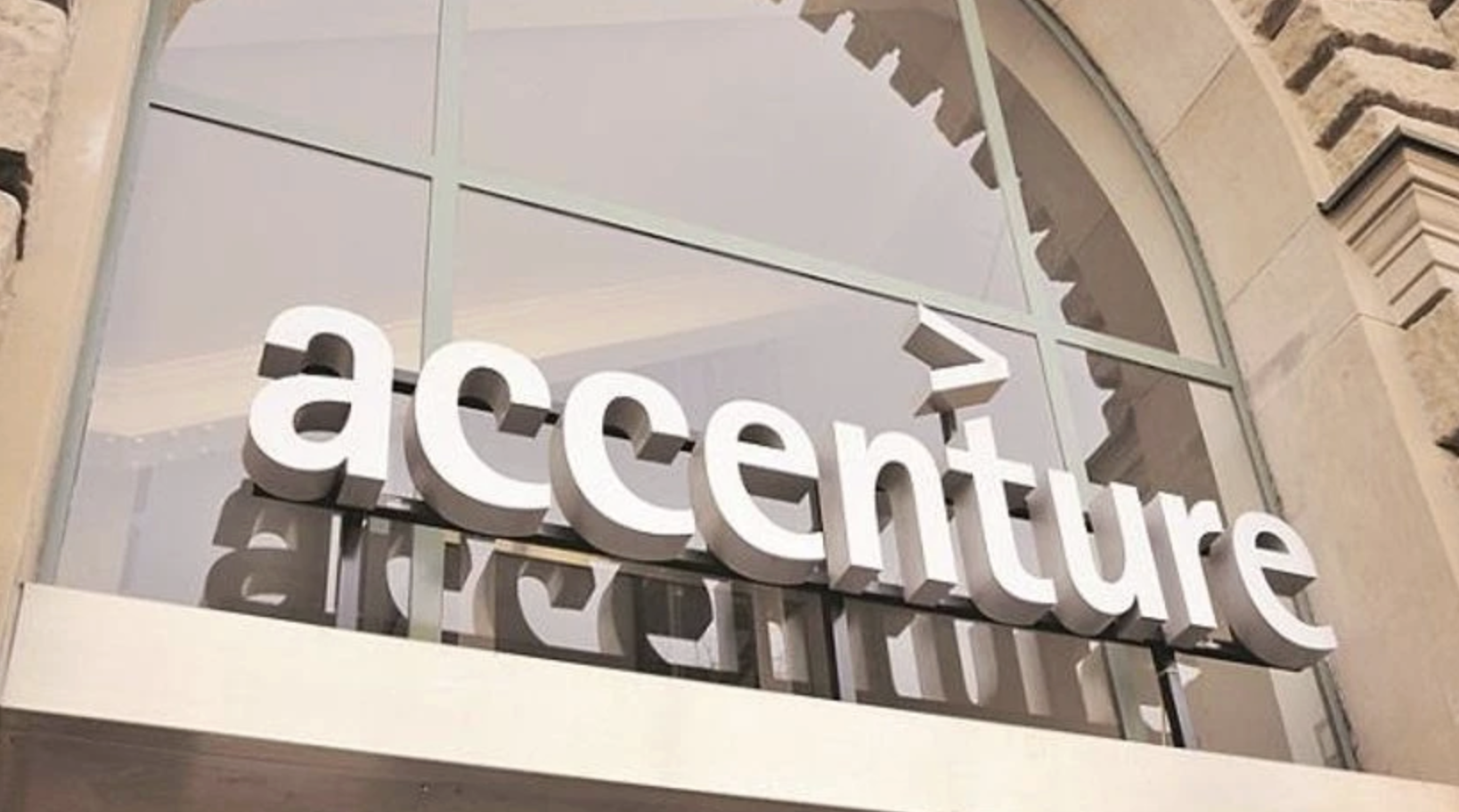The Goa Tourism Promotion, Management, and Regulation (GTPMR) Bill has sparked significant interest and concern among stakeholders in the tourism industry. This new legislation, proposed by the tourism department, includes a controversial sustainability fee, which would require businesses connected to the tourism sector to pay an additional 2% tax. As the state government prepares to push the bill through the legislative assembly in July, industry players are grappling with the potential implications of this new fee.

The 2% Sustainability Fee
One of the most contentious elements of the GTPMR Bill is the introduction of a 2% sustainability fee on the bill value of every tourism-related business. This includes hotels, restaurants, and other service providers in the tourism sector. The aim of this fee is to generate funds for sustainable development and the promotion of tourism in Goa.
However, stakeholders argue that there is already sufficient GST collection in the state, and the government could instead allocate 1% of the GST collected to the sustainability fund. “There is enough GST collection in the state, and the government can divert 1% of the GST collected to the sustainability fund,” said a hotelier who preferred to remain anonymous.
Concerns from the Hospitality Sector
The hospitality sector in Goa has long advocated for lower taxation to enhance the state’s competitiveness with international tourist destinations like Sri Lanka, Vietnam, Thailand, and Malaysia. These countries attract a significant number of international tourists with their liberal visa policies and affordable options. In May, the Travel and Tourism Association of Goa (TTAG) urged both state and central governments to rationalize GST rates for hotels and dining services.
“If Goa has to compete with new destinations like Vietnam, Cambodia, and Sri Lanka, our tariffs need to be competitive. If new taxes and fees are added, it will increase the cost of doing business in Goa, and the industry will suffer,” said a travel operator.
Industry Feedback and Concerns
Representatives from various travel bodies have expressed the need for additional time to fully understand the proposed legislation and provide feedback. They have requested a minimum of 60 days for this process. Additionally, there are suspicions of an attempt to manipulate the composition of the tourism board. An official noted that while the Goa Chamber of Commerce and Industry (GCCI), Confederation of Indian Industry (CII), and World Travel and Tourism Council, India Initiative (WTTCII) are mentioned as industry representatives, the TTAG is notably absent.
Conclusion
As the state government pushes to pass the GTPMR Bill in the upcoming monsoon session of the legislative assembly, the proposed 2% sustainability fee remains a major point of contention. While the fee aims to support sustainable development and tourism promotion, industry stakeholders worry about its impact on the cost of doing business in Goa and the state’s ability to compete with other international tourist destinations.











